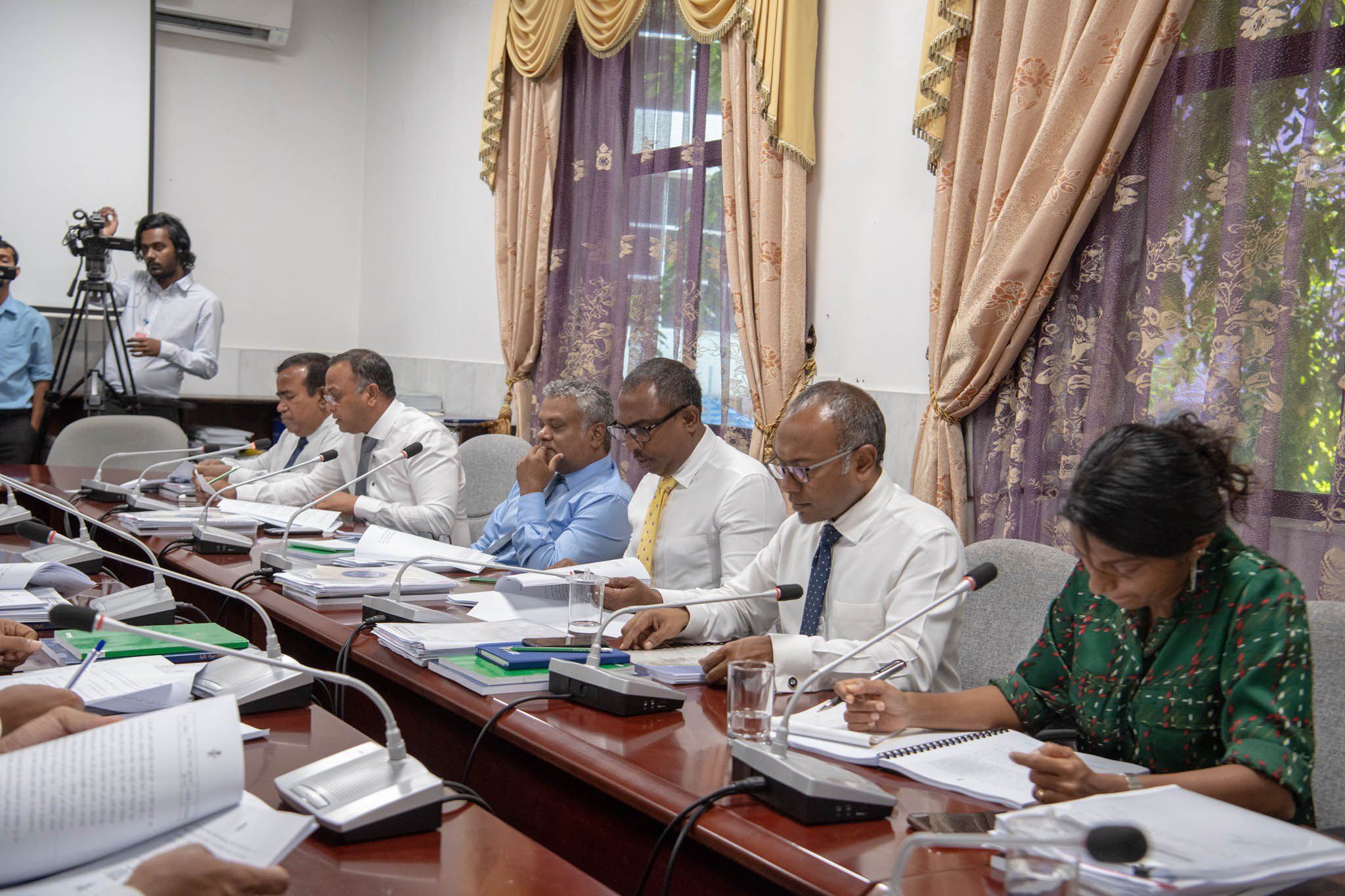Parliamentary probe launched into jihadi group
The group is accused of murdering a lawmaker and journalist.

Find out further details about the jihadi organisation, their numbers and activities
Find out the financial transactions carried out in contracting MP Afrasheem’s killers and how the money had been circulated.
List extremist groups and ensure legal action.
Find out who had prior knowledge about the murder of MP Afrasheem but did not take necessary action.
Find out the extent of police negligence if any that could have led to the murder.
Find out where the alleged accomplices to the murder are now.
Insist that necessary action is taken following the report.
Become a member
Get full access to our archive and personalise your experience.
Discussion
No comments yet. Be the first to share your thoughts!
No comments yet. Be the first to join the conversation!
Join the Conversation
Sign in to share your thoughts under an alias and take part in the discussion. Independent journalism thrives on open, respectful debate — your voice matters.




